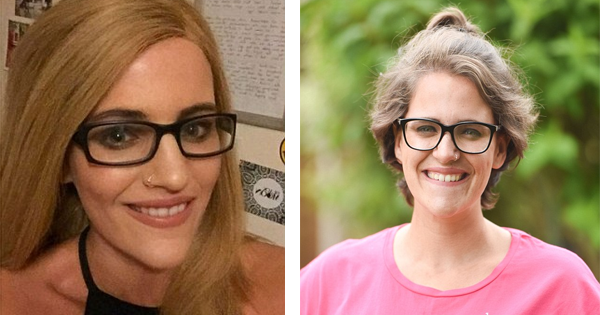22-year-old university student, Melissa Dowell, began to feel extremely exhausted, all the time. It didn’t make sense to her. She’d always aimed to make the most of her time as a student by taking full course loads and going out with her friends. More recently, she’d even started going to the gym for two hours, four times a week, to take care of her health.
Dowell assumed the fatigue was simply because she’d been overexerting herself, stretching herself too thin across too many activities.
But during winter break, her parents began to suspect that it was something more. They watched as Dowell began to get ill, struggled to breathe while watching TV, and failed to climb up the stairs without assistance. That was when Dowell’s mother decided to send her daughter to the doctor.
A week later, Dowell received the diagnosis: She had Hodgkin lymphoma, cancer of the lymphatic system.
This information took a while for Dowell to register. It was only when she returned home to tell her parents the results of her appointment that the reality hit.
Dowell ended up leaving university and returning home to live with her parents, to treat the disease. Although she knew treatment was necessary, Dowell felt that she had “completely lost [her] independence and everything [she] had worked really hard for.”
Over the next six months, Dowell went through 12 rounds of chemotherapy and took up to 10 pills a day. All her hair fell out, causing her to also lose her self-confidence. “I would always put on loads of make-up…because I didn’t want anyone to see what I looked like without it,” Dowell recalled.
Last September, Dowell did receive the news that she was cancer-free. And while she did rejoice, she knew she would always endure the long-term effects of cancer and her treatment. “I’m just trying to work out what the future is going to hold for me and how to be a normal 22-year-old,” she said.





